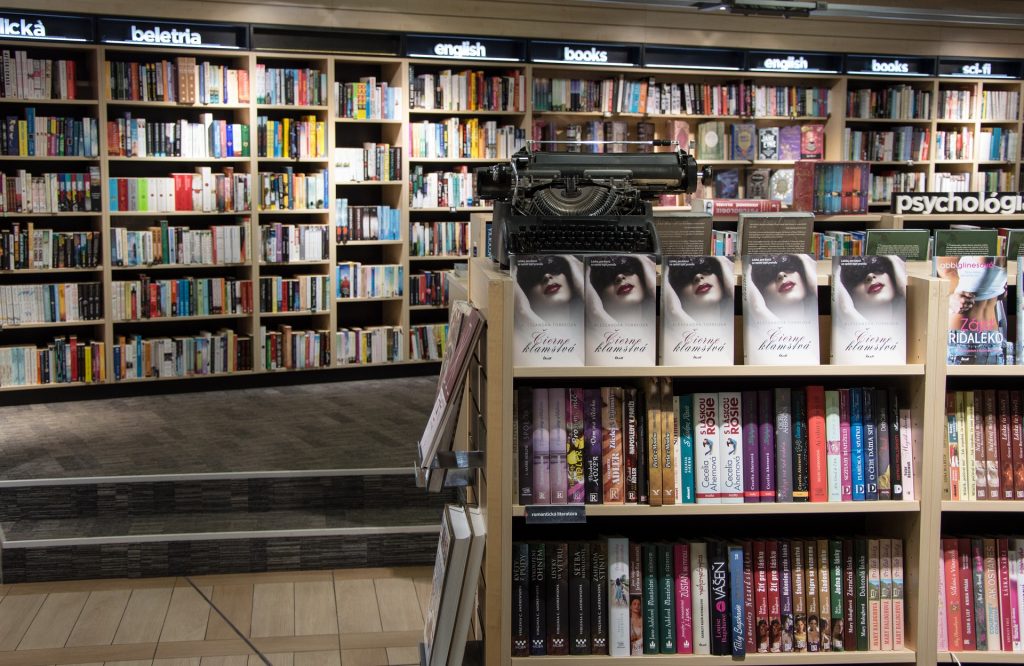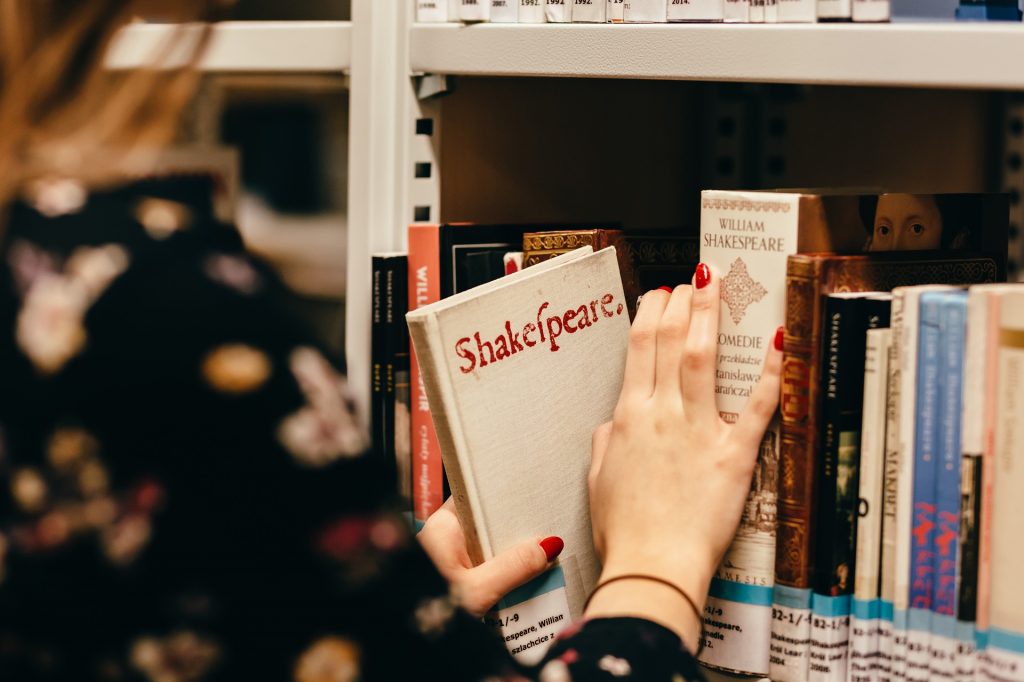 by Melissa (Student Blogger: MA English Literature)
by Melissa (Student Blogger: MA English Literature)
Reading as a student, or as a scholar, is not necessarily as obvious a skill as we might first think. It certainly doesn’t mean reading lots of difficult texts, or peppering said texts with highlighters and post-it notes (though these are often involved in the process). Scholarly reading is about making sure that you are getting the most out of your learning.
TIPS
Firstly, I’m going to look at how we read the text.
This often starts with creating an environment that is right for you. Different students will tackle this in different ways; I like to stay at home where I have quick access to a tea pot and kettle, however, some people will find the temptation to slack off a little too intensely when working alone. If this sounds like you, you may benefit from studying in the library. Working at the library has the benefits of providing you with a work friendly atmosphere as well as significant resources. If, like me, you worry about spending money on snacks while studying away from home, you may want to pack a banana or energy bar to keep you going.
Being able to concentrate on your work is fairly important if you want to connect with your text. One good way to check you have understood is to try to summarise what each paragraph has tried to communicate to you, and maybe make a note in the margins to remind you later.
Your tutor may have set you some focused questions. These questions are a good way of helping you to engage with the text, and it’s a technique you can apply to yourself. You can question a text based on its themes, or even your own expectations.
The next step is to see whether the text agrees with or challenges you. You don’t need to write a formal response, running these questions through your mind will be enough to form good habits.
One good question to ask yourself is where does this text exist in lieu of other discourses. This can be relating to texts on your course, the past decade, or just in relation to anything you have read that you think has relevance.
This exercise is all about considering the text as more than just a standalone thought, but as a response, and part of a greater whole in literature.
Another good question; how reliable is this text. What is the context of it, and how will this have affected the author? Could the author be biased, and how will this affect your ability to use this source? For example, when in need of a word definition, the Oxford English Dictionary is far more reliable than a quick Google search, but as a scholar, you should also be asking yourself what version of the OED you are using, and whether it is up to date.
Sticking to the topic of bias, you will also have your own biases. It’s nothing to be ashamed of, we all have them, but they are things we should be aware of. Keeping check of your own biases will help you to maintain an open mind when encountering a theory you are unfamiliar with, and help you to avoid forcing a theoretical perspective that may not lend itself to the text you are currently studying. This gives you the opportunity to consider other (potentially better) alternatives.
CONCLUSION
Understanding methodology, or knowing how to read as a student, will be extremely useful to your university studies. It is not something that comes easily and is unlikely to score you A’s immediately. What it will do, however, is help you employ good working habits to gradually achieve a stronger connection with your course than you might have otherwise.Good luck, and comment your own experiences below!

 by Melissa (Student Blogger: MA English Literature)
by Melissa (Student Blogger: MA English Literature)